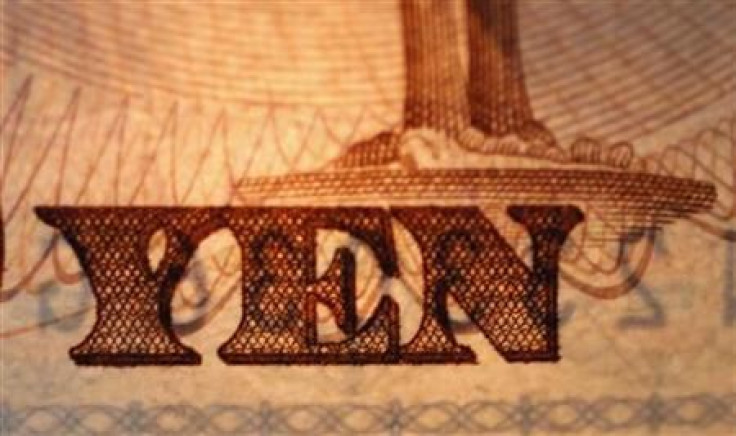Japan Core Machine Orders Decline 4.3% In September

Japan’s core machine orders fell in September compared to those in the previous month, showing that there is an urgent need to take additional measures to enhance the growth potential of the economy.
The data released by the Cabinet Office show that Japan’s core machinery orders, which measure the change in the total value of new orders placed with machine manufacturers, excluding ships and utilities, declined 4.3 percent in September, down from 3.3 percent decrease in August. The September core machine orders dropped 7.8 percent on an annual basis down from a 6.1 percent decrease in August.
This report comes after it was reported last month that Japan’s manufacturing activity contracted in October to an 18-month low, increasing concerns about the slowdown in the economic growth of the world's third largest economy. The headline Purchasing Managers’ Index (PMI) fell to 46.9 in October, down from 48 in September, as reported in the Markit/JMMA data released last week. Any index number below 50 indicates an economic contraction. The continued shrinking of a country's manufacturing activity would increase the likelihood of a sharp contraction in the economy.
Last week, the Bank of Japan announced more monetary easing policies with the asset purchase program (APP) being increased by about 11 trillion yen ($138 billion). This brings the total size of the APP to about 91 trillion yen, of which 25 trillion yen is in loans, and the remaining 66 trillion yen is for asset purchases. Also the policy board agreed a further 5 trillion yen each of Japanese government bonds and treasury bill purchases and announced 0.91 trillion yen of purchases of risk assets.
“Overall, we think the risks to growth in Q4 are to the downside. Japan’s economy faces two consecutive quarters of sharp decline and policymakers are poorly placed to do anything. The Bank of Japan’s loosening of monetary policy will help credit demand at the margin, but it will not prevent a recession,” Capital Economics said in a note.
It was reported last month by the Ministry of Economy, Trade and Industry that Japan’s industrial production, which measures the change in the total inflation-adjusted value of output produced by manufacturers, mines and utilities, fell 4.1 percent in September, down from a 1.6 percent decrease in August.
© Copyright IBTimes 2024. All rights reserved.











